Gen: 14: 18-20; Ps. 110: 1-4; 1 Cor. 11: 23-26; Lk. 9: 11b-17
“Give us this day our daily bread”. Melchizedek, both king and priest uses bread and wine to offer a blessing and Abram gives his “a tenth of everything”. Imagine before all the history of animal sacrifices there is this event that prefigures Jesus sacrifice on the altar with bread and wine. That is why all of salvation history either point forward to Jesus or back to him, “You are a priest forever, in the line of Melchizedek”. He is the eternal sacrifice poured out for us on the altar today in the Eucharist. How important was that blessing to Abram that he gives a tenth of everything to Melchizedek? The importance of a blessing by God will “deliver your foes into your hands.” When we receive Christ in the Eucharist, we receive power over evil and sin in the spiritual warfare of this life. Do we bless our children before they walk out of the house to go out into the world to face “the wickedness and the snares of the devil”? When we go to confession what is the first thing we say? “Bless me Father for I have sinned.” We ask for a blessing to be forgiven and healed from the wounds of sin.
A blessing is not giving “best wishes”, it is affirming favor with God and calling on his protection. A child says, “Mom/Dad I’m leaving”. How do we often respond? “Ok, take care, don’t do anything I wouldn’t do, stay out trouble.” How about, “May God bless you and keep you, may his face shine upon you.” A blessing fulfills the song, “In the morning when I rise, give me Jesus”. “Do this in remembrance of me.”
“Do this” is to make Jesus alive in the Eucharist, to receive him and proclaim his sacrifice and death until he comes. Jesus coming is always a present event for he comes in the Most Holy Body and Blood in the Eucharist. Having just visited many holy shrines in Italy, one place we visited was Lanciano, Italy. Here is the “Miracle of Lanciano” where the sacred host changed into flesh and blood. Able to stand within feet of the reliquary which holds to this day the flesh and blood you see the fleshy host and below it five globules of blood intact. Within the miracle itself scientist weighed each of the five separate parts and found that each part weighs the same as all five together. They also determine that the fleshy host is human cardiac tissue of type AB blood and they can point exactly what spot of the heart muscle tissue it comes from. This is consistent with all other Eucharistic miracles in the church. What are we to believe? More importantly do we believe Jesus is “the living bread” in the Eucharist “that came down from heaven” and the source of eternal life when we “eat this bread”? This is our celebration today!
We celebrate the kingdom of God already present able to heal us and strengthen us when the priest raises the host and multiplies the heart of Jesus that we may receive our equal amount of blessing. In the gospel, Jesus blesses the five loaves and two fish and it is multiplied to feed the five thousand plus. God is the creator of natural law thus his power is outside of the natural law. We are bound by natural law but he is not bound b y the object of his creation.
Years back we went on a pilgrimage to Israel. Our guide was a very well educated older Jewish man with a sense of humor. He was also in much better physical shape than a lot of us younger people. During daily Mass he always sat in the back but remained in church. He had a good understanding of Christian history and was a very good guide. When discussing the faith of the church in transubstantiation, the changing of the bread and wine into the body and blood of Jesus in the Eucharist, it was a stumbling block for him. His response was “it cannot be that easy”. It is that easy if it is the will of God. What happens the next day after the multiplication of the loaves? The people want a sign from heaven to believe in him. Jesus responds by saying, “Whoever eats my flesh and drinks my blood has eternal life, and I will raise him on the last day” and again repeats “Whoever eats my flesh and drinks my blood remains in me and I in him”. (Jn. 6: 54, 56) How did many of his disciples respond?” They said, “This saying is hard; who can accept it?” Many left and “returned to their former way of life and no longer accompanied him.” (Jn. 6:66) How do we respond to the invitation today? Do we follow the teaching of Jesus or do we go through the “cafeteria line” and pick and choose only what we can accept?
Today this teaching is a stumbling block for many other Christian denominations. Some take crackers and grape juice to reflect communion as a symbolism skipping over Jesus teaching. The literal meaning is too hard to accept. Some say the Word of the gospel is the body of Christ as we consume his word to transform us. We receive both in the Liturgy of the Word and the Liturgy of the Eucharist for the fullness of truth. Do we believe what we profess every day in all the tabernacles of the world? The miracle is present for us today. Believe and receive, but go to confession first for the blessing of forgiveness. “Give us this day our daily bread and forgive us our trespasses…”
Tags
- Eucharist
- Euchristic Miracles
- Lanciano
- Most Holy Body and Blood of Christ
- The Blessing
- Transubstantiation
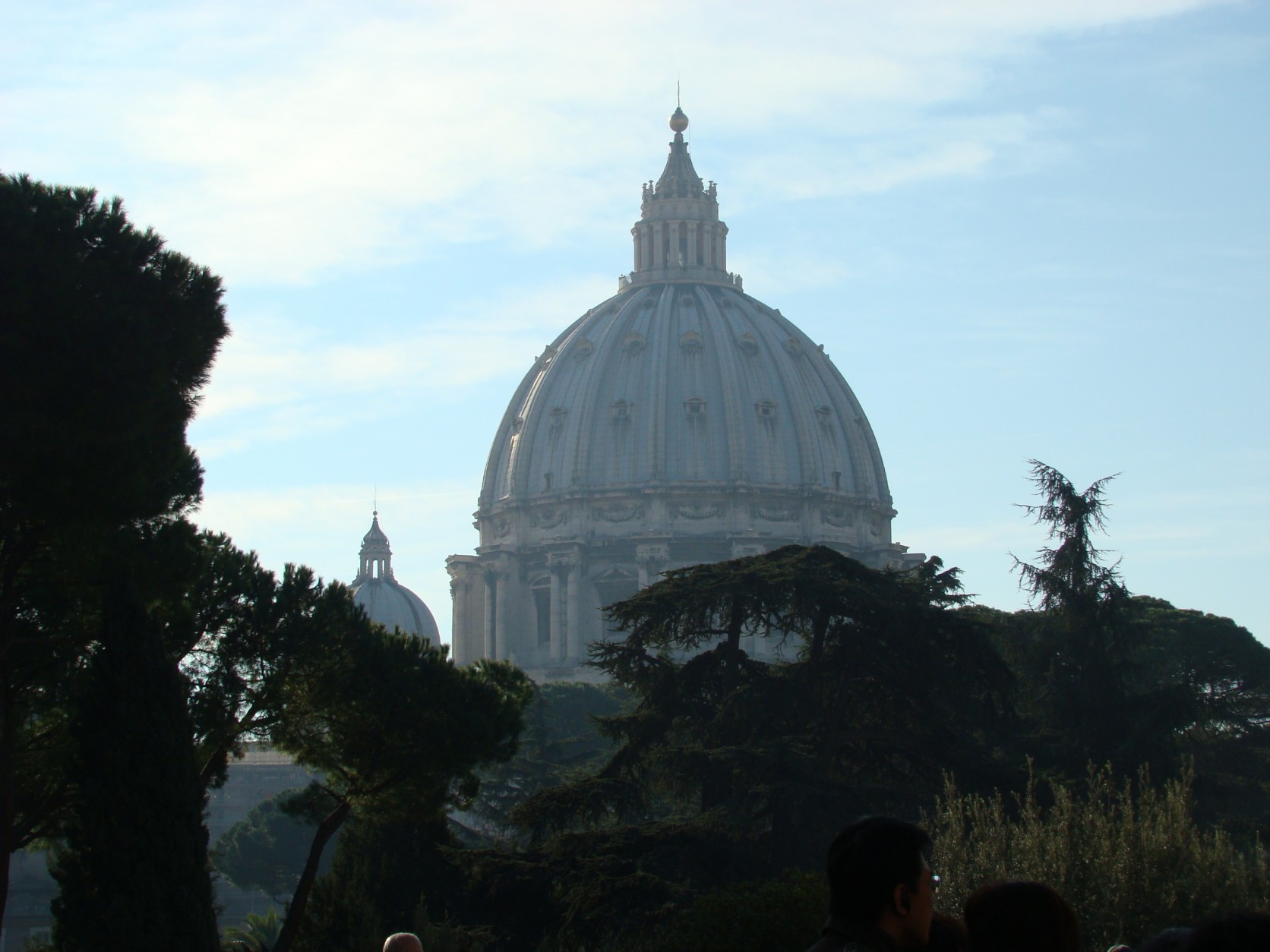


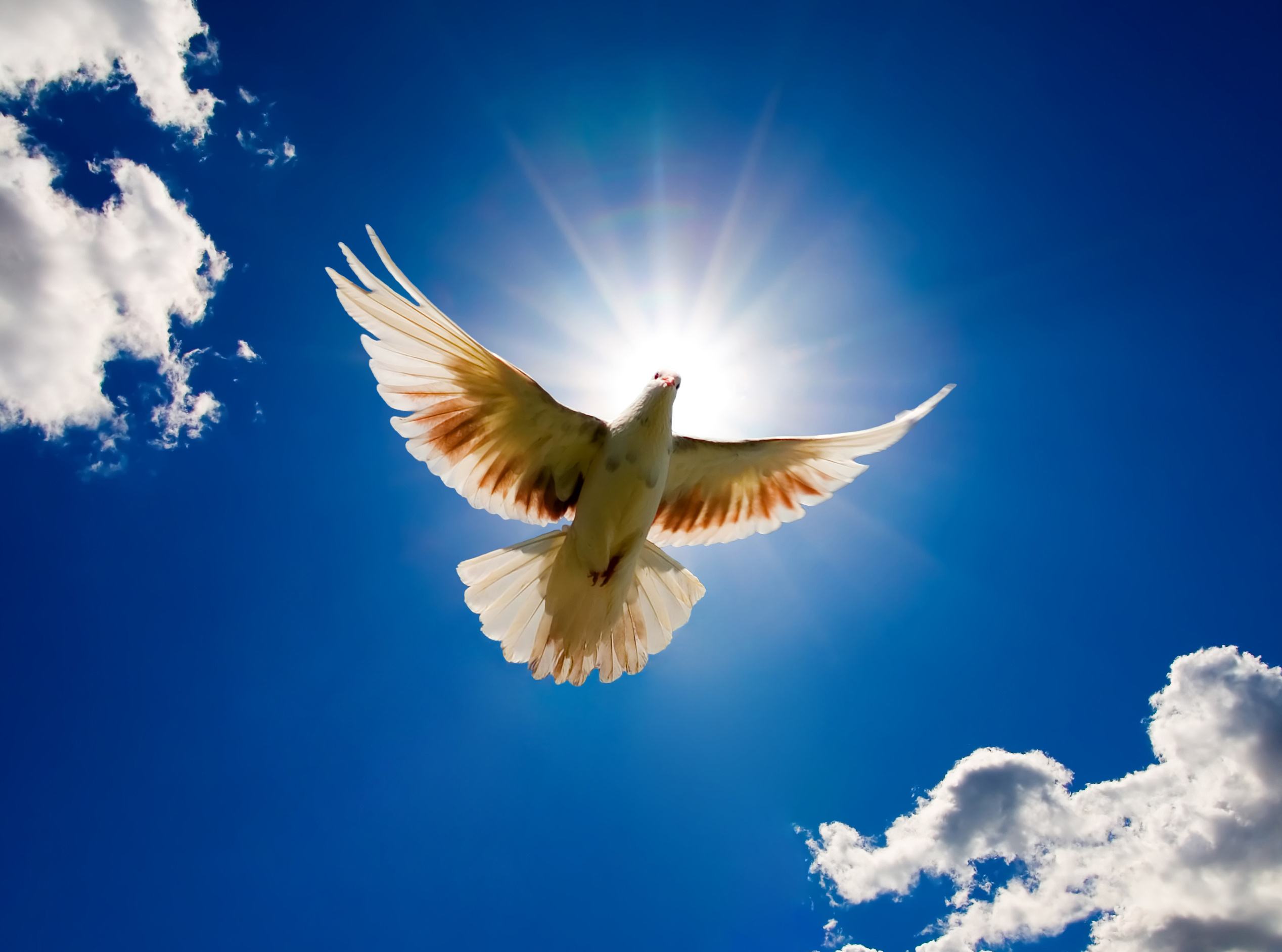



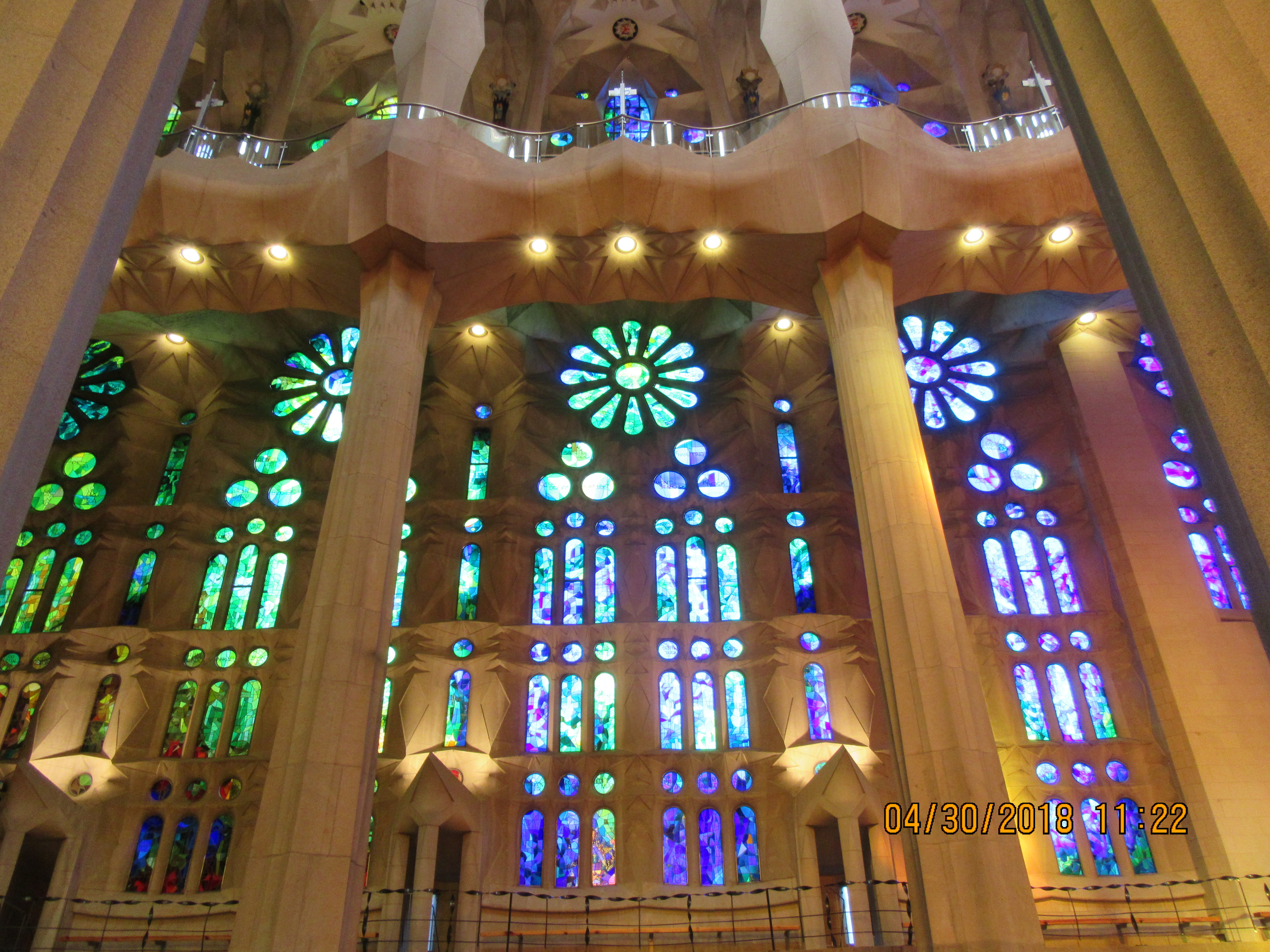

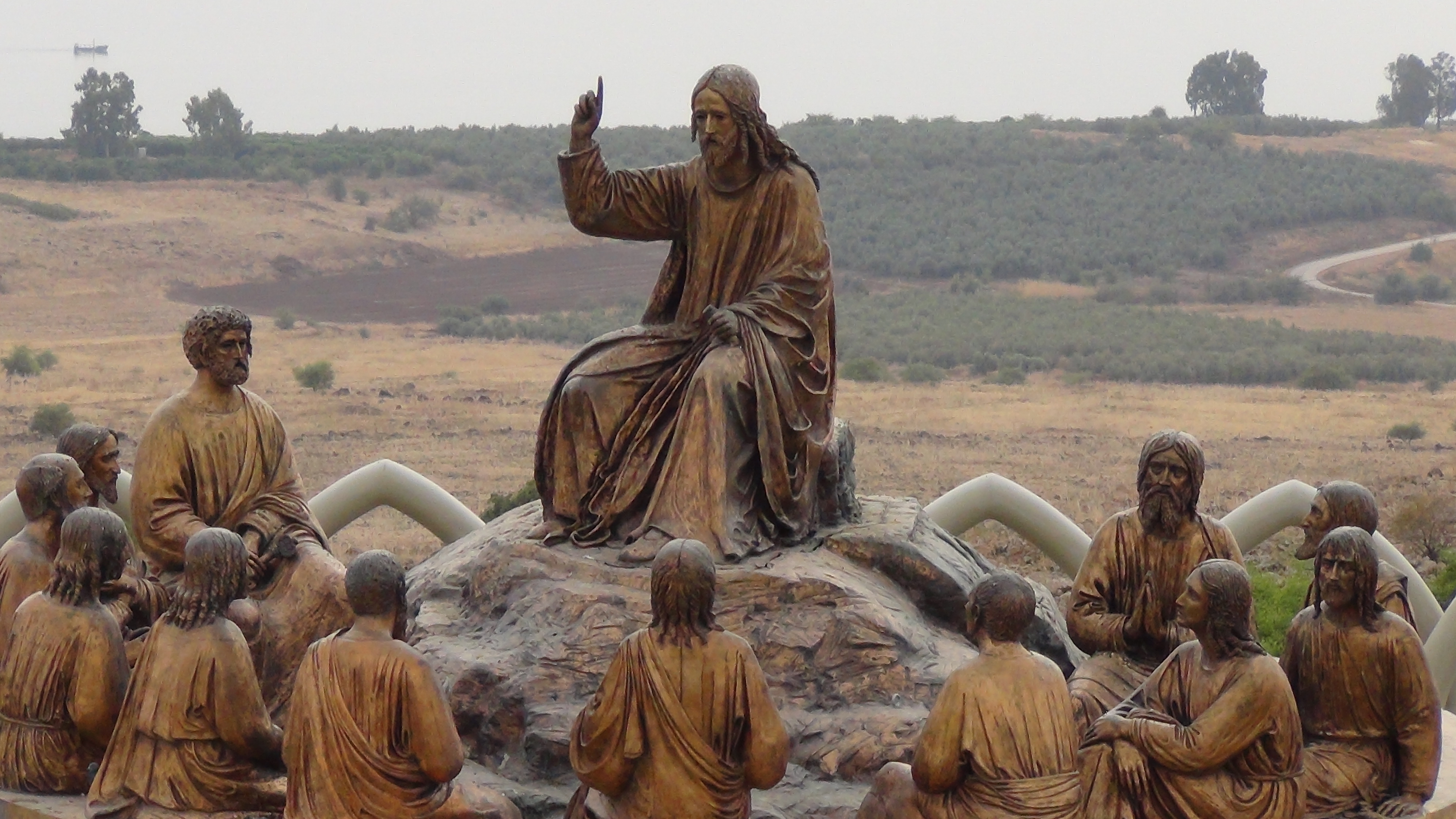

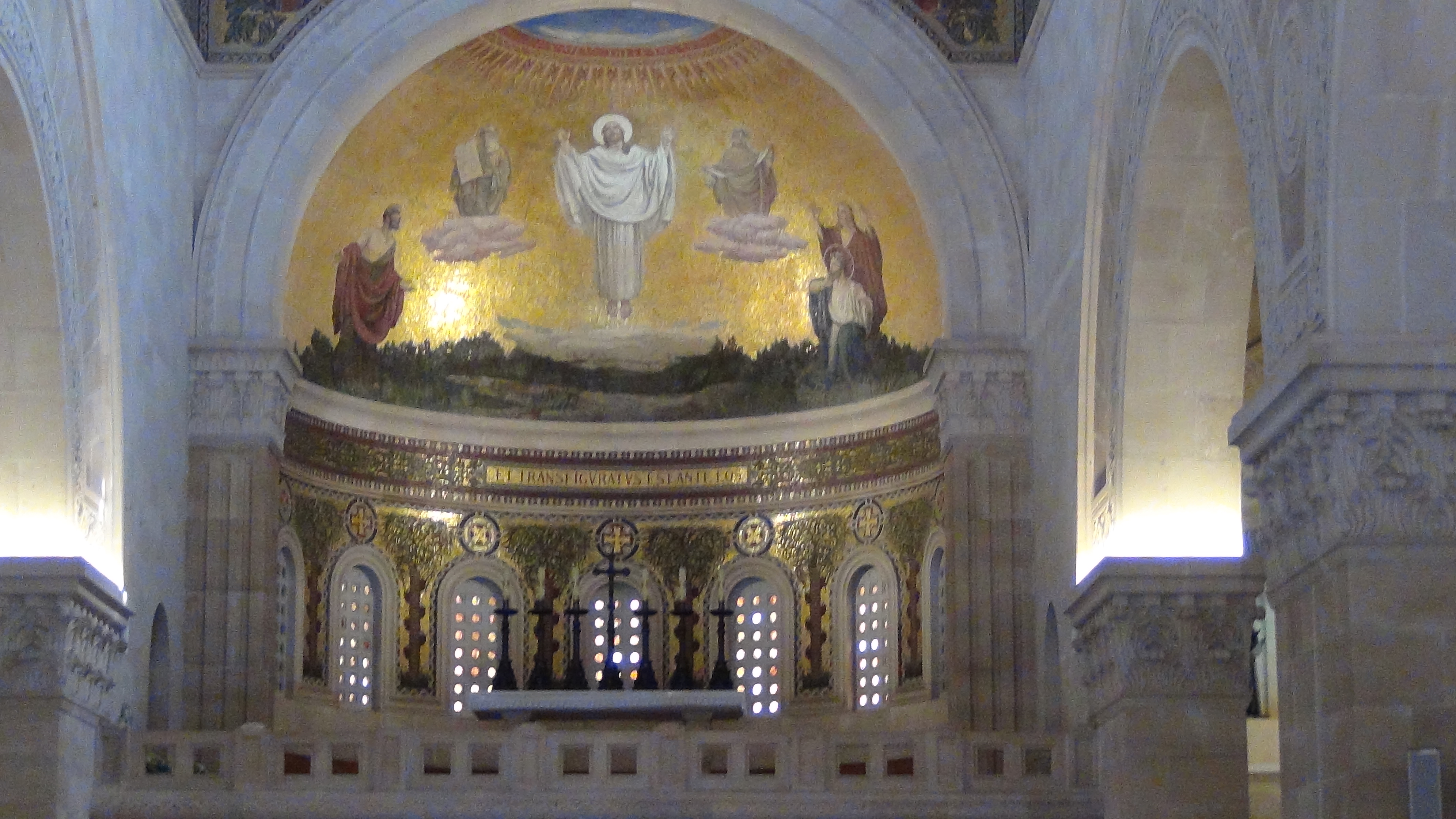








Recent Comments